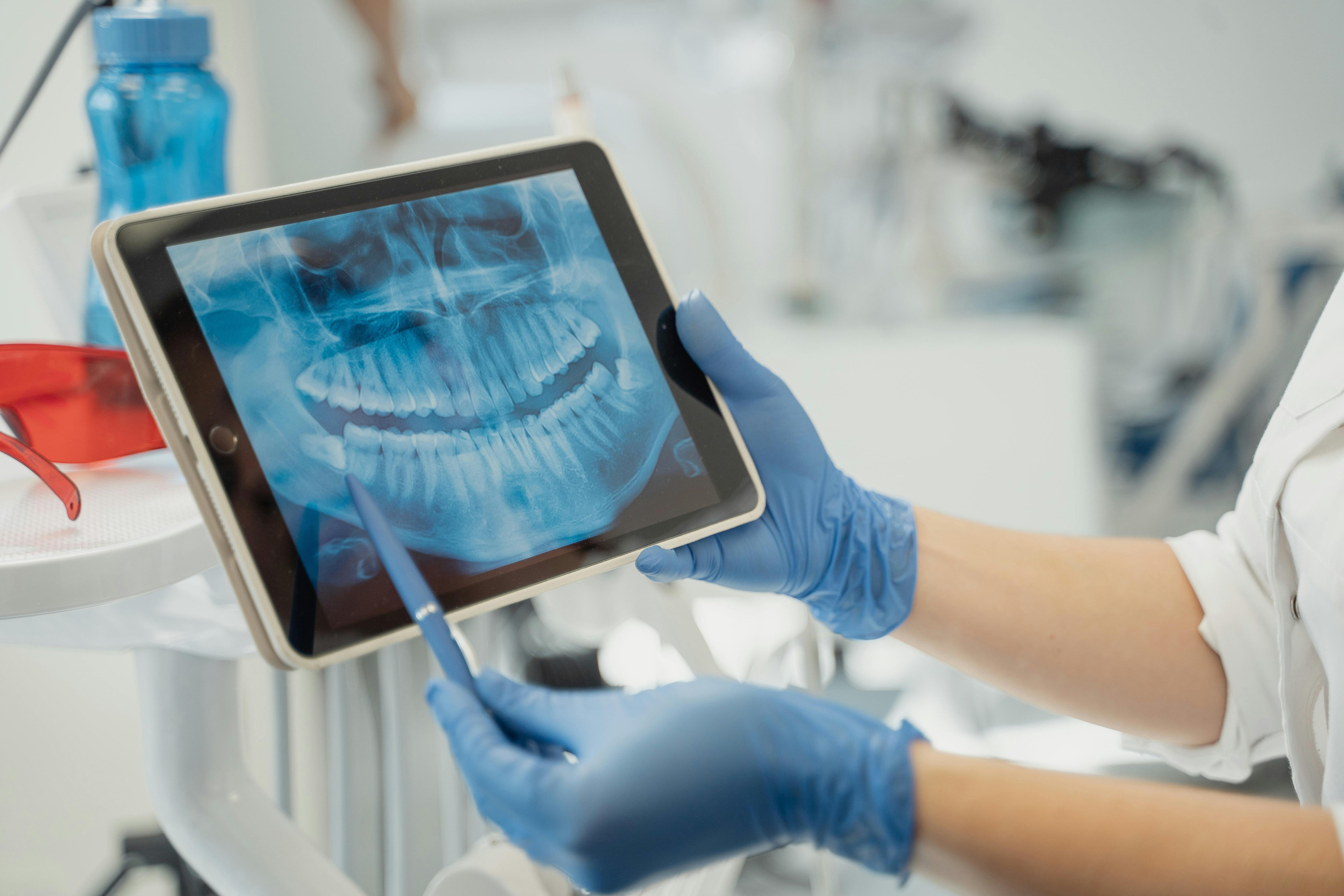"The World Health Organization report on oral health for 2023-2030 highlights the key role of innovation and modern technologies in improving oral health worldwide. For brands that focus on innovative products, this information is particularly important. Let's look at how the new approach to oral hygiene will affect our daily lives and which solutions already address the challenges of the future."
"SEE ALSO: WHO Strategy 2023-2030: how global experts plan to solve the global dental health crisis?"
"Prevention and self-care – the foundation of the new approach"
"Why is this a breakthrough in thinking about dental health?"
"The WHO plan focuses on affordable and effective ways to care for dental health and prevent problems before they arise. The goal is to make prevention easily accessible to everyone, regardless of their financial situation. Special emphasis is placed on self-care, oral hygiene, and early disease detection [1]. This is a major shift compared to the traditional approach mainly focused on treatment."
"What does this mean for you?"
- "More available, free educational materials on how to properly care for your teeth."
- "New apps and devices that will help you brush your teeth more effectively and monitor oral health."
- "More preventive dental services within the NFZ."
- "The possibility to consult dental problems also with a family doctor."
"Most oral diseases are largely preventable through simple, daily practices" – emphasizes the WHO report.
Digital technologies – a new era in oral health
Why will technology change the way we care for our teeth?
The WHO report clearly highlights optimizing digital technologies for oral health as one of the guiding principles. It also encourages the creation of apps and digital devices that will help people better care for their teeth and facilitate access to dental advice, even when visiting a dentist is difficult for some reason. [3].
SEE ALSO: What health benefits come from regular use of a sonic toothbrush?
What do digital technologies promise?
- the possibility of consulting a dentist online (e.g., sending a photo of a suspicious oral lesion and receiving a preliminary assessment),
- support in directing to appropriate dental services,
- personalization of oral hygiene recommendations.
Modern technological solutions, such as those offered by ZENT® Dental Care, can support daily oral hygiene. Electric toothbrushes with timers help control brushing time, and water flossers facilitate cleaning between teeth.

ZENT® also supports education in oral hygiene through newsletters and valuable e-books with practical advice. However, it is important to remember that even the best devices and educational materials are only supplements to regular dental care.
How business can support oral health
WHO encourages dental equipment manufacturers to create simple and affordable devices that will help more people take care of their dental health. The goal is for companies to develop solutions accessible to everyone, regardless of financial status.
This is a direct call to brands operating in the dental industry to continue innovating in the area of:
- advanced electric toothbrushes with smart sensors,
- water flossers with precise nozzles,
- UV systems for disinfecting oral hygiene tools.
Care for the environment – an important part of modern dentistry
Why is ecology becoming key in oral hygiene?
WHO points out that dentistry should be more ecological. It is about reducing plastic waste (e.g., disposable toothbrush heads) and decreasing energy consumption. Manufacturers should create oral hygiene products that are both affordable and environmentally friendly [5].
How does the ZENT Dental Care brand respond to the challenges of the future?
ZENT® Dental Care products are designed with a holistic approach to oral health, combining:
- advanced technology – electric toothbrushes with intelligent sensors monitoring brushing quality,
- personalization – various brushing modes tailored to individual needs,
- innovative solutions – water irrigators with precise nozzles reaching hard-to-access places,
- ecological approach – UV systems extending the lifespan of oral hygiene tools.
All these elements fit into the WHO's global vision for the future of oral health, where prevention, self-care, and innovative technologies play a key role.

Oral health in your hands
The WHO Global Strategy for 2023-2030 clearly shows that the future of oral health lies in prevention, self-care, and the use of modern technologies. Brands that focus on innovation, education, and ecological solutions are pioneers of this transformation.
Remember that your daily oral hygiene choices have a huge impact not only on the health of your teeth but also on your overall health. By investing in modern oral hygiene solutions, you invest in your health and quality of life for years to come.
PRZYPISY:
-
Global strategy and action plan on oral health 2023–2030. Geneva: World Health Organization; 2024.
-
Petersen PE, Lennon MA. Effective use of fluorides for the prevention of dental caries in the 21st century: the WHO approach. Community Dent Oral Epidemiol. 2004;32(5):319-21.
-
WHO Global Oral Health Status Report: Towards Universal Health Coverage for Oral Health by 2030. Geneva: World Health Organization; 2022.
-
Mobile Technologies for Oral Health: An Implementation Guide. Geneva: World Health Organization; 2021.
-
Resolution WHA74.5. Oral health. In: Seventy-fourth World Health Assembly, Geneva, 24 May–1 June 2021. Resolutions and decisions, annexes. Geneva: World Health Organization; 2021.













